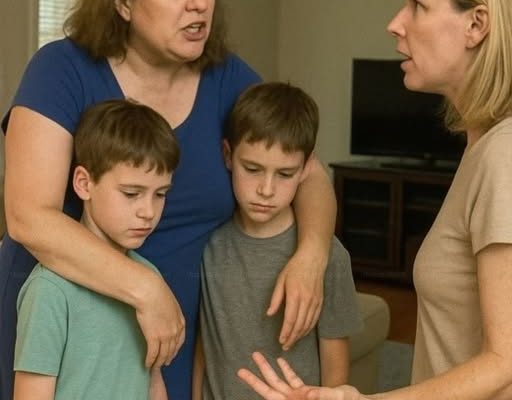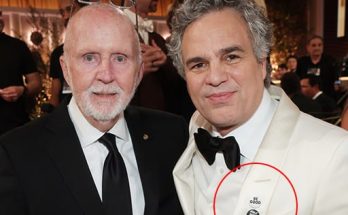The only way to tell them apart was by the little charms clipped onto each—Noah’s had a dinosaur, while Liam’s showed off a soccer ball.
The sound of running feet echoed as the twins came bounding down the stairs, still hurriedly adjusting their school uniforms. At ten, they were like mini whirlwinds—constantly moving, endlessly energetic.
“Did you brush your teeth?” I asked, even though their sheepish grins gave me the answer before they said a word.
“We were finishing our science models,” Noah said, his voice full of urgency.
Liam gave a serious nod. “We’re making volcanoes, so we needed to get the measurements right.”

They dashed off, and I paused to take in the usual morning chaos. I’d just signed those permission slips last night, right after helping with their math homework, whipping up dinner, and tackling the mountain of soccer uniforms that—of course—had to be ready by morning.
I met George when his twin boys were five years old. Back then, they were all boundless energy and sticky fingers, but also incredibly sweet and inseparable in a way only twins can be.
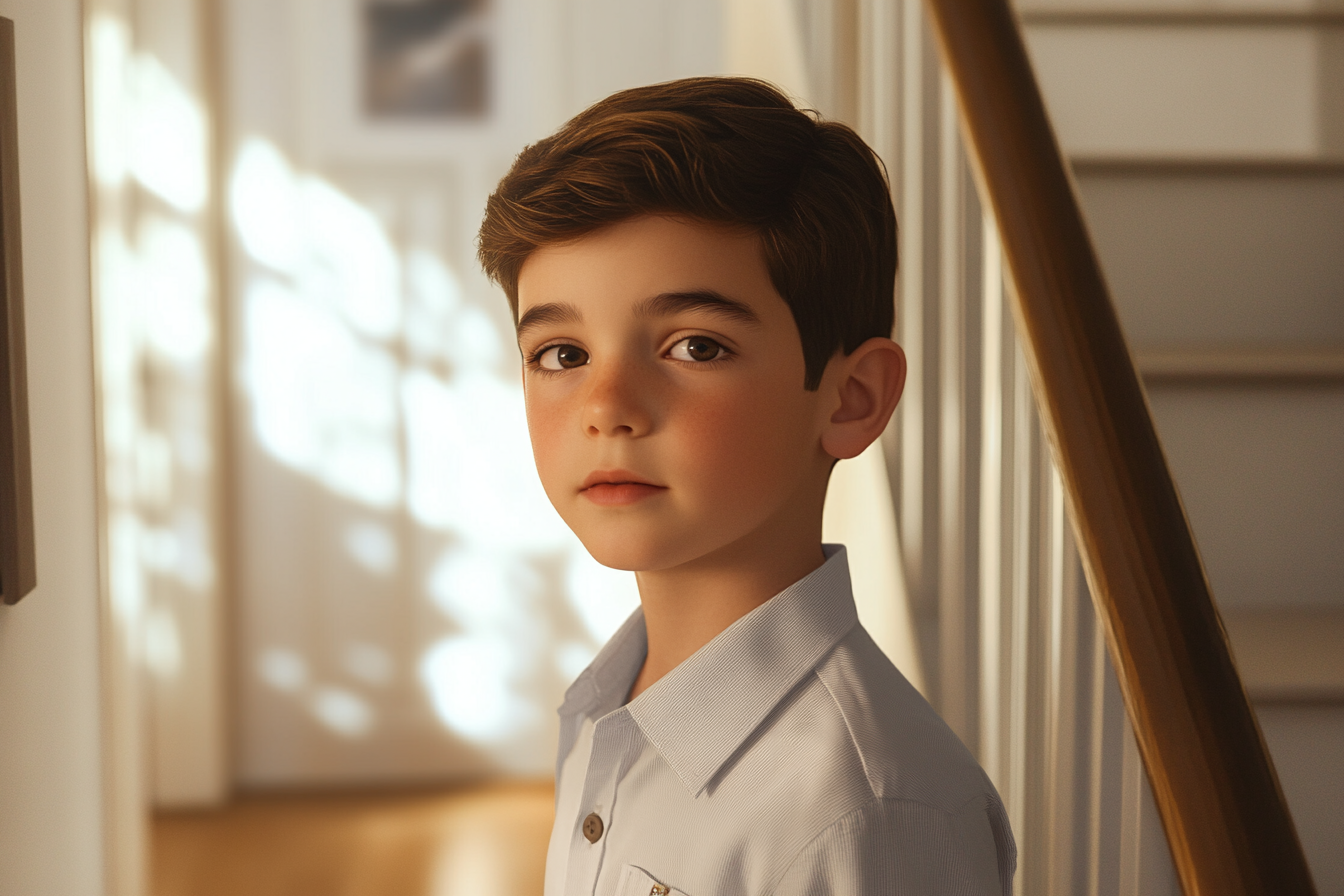
She didn’t give up her legal rights, but her visits were few and far between. The boys recognized her, sure—but she wasn’t someone they leaned on or looked to for daily comfort.
George and I took things slowly at first. But when things got serious between us, I stepped into the boys’ lives wholeheartedly—because that’s what you do when you love someone who comes with kids. You show up fully, no hesitation.
Within a year, I was reading bedtime stories, driving them to soccer, and managing mornings like this one—where someone always forgot a shoe, a folder, or a lunchbox.
And honestly? I loved every second of it.

When Liam woke up in the middle of the night from a bad dream, it was my name he called out.
I was the one who figured out that Noah wouldn’t touch his sandwich unless it was sliced diagonally, and that Liam had a deep dislike for certain fabrics that felt “weird” to him.

Melanie and I had a polite but distant relationship. She never said anything cruel, but there was always a chill in the air. It felt like she viewed me as an extra on the set of her life—a stand-in while she was away.
I never tried to take her place. I never asked the boys to call me “Mom.” I knew I wasn’t her, and I respected that.
But sometimes, they’d slip up and use the word anyway—completely by accident.
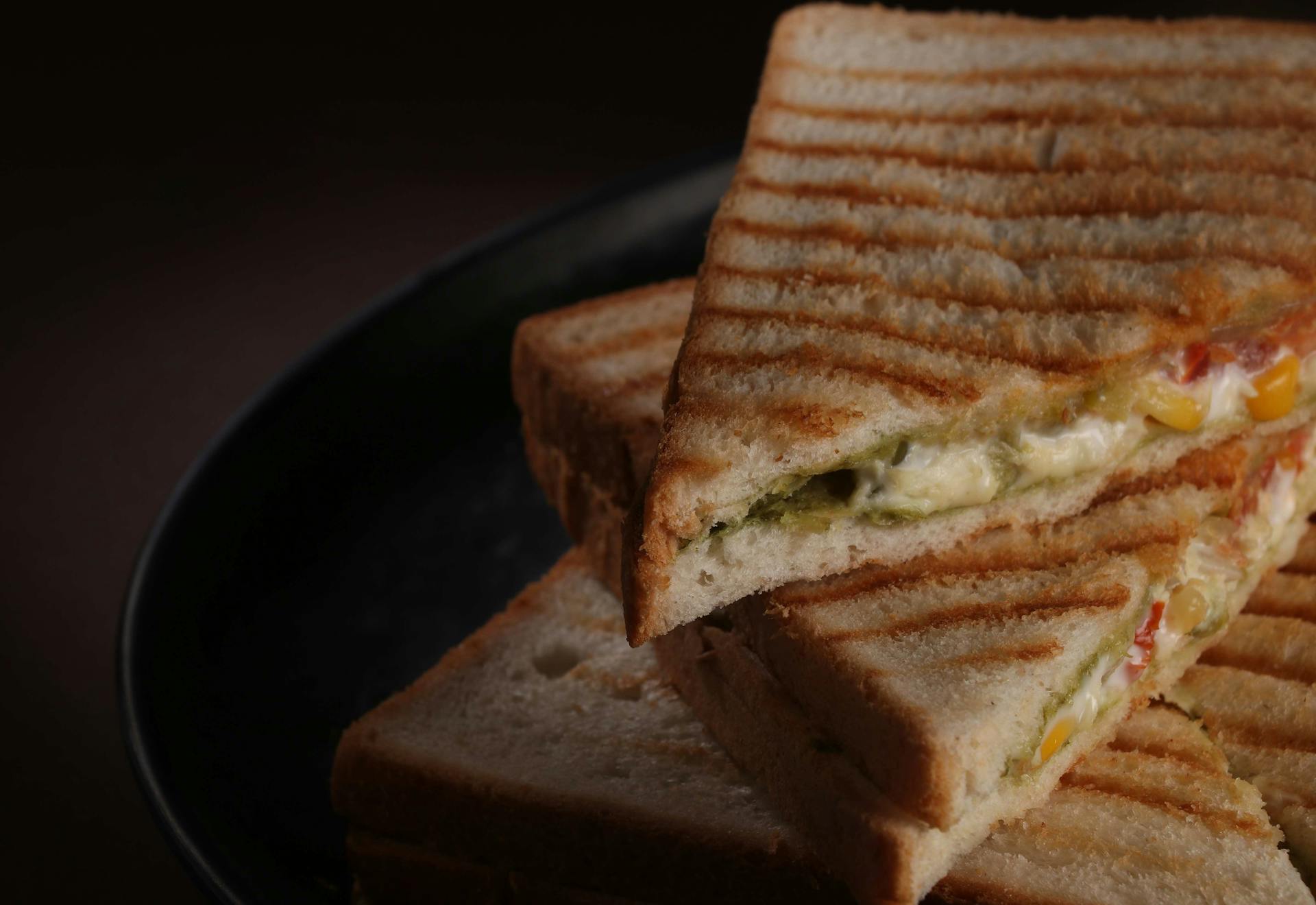
Five years later, George and I were happily married. The boys had just turned ten, and we’d been planning a fun birthday bash for weeks.
We were excited to host it in the backyard—with all their favorite things: delicious food, games with friends and family, a magician, and a soccer-themed cake they helped design themselves.
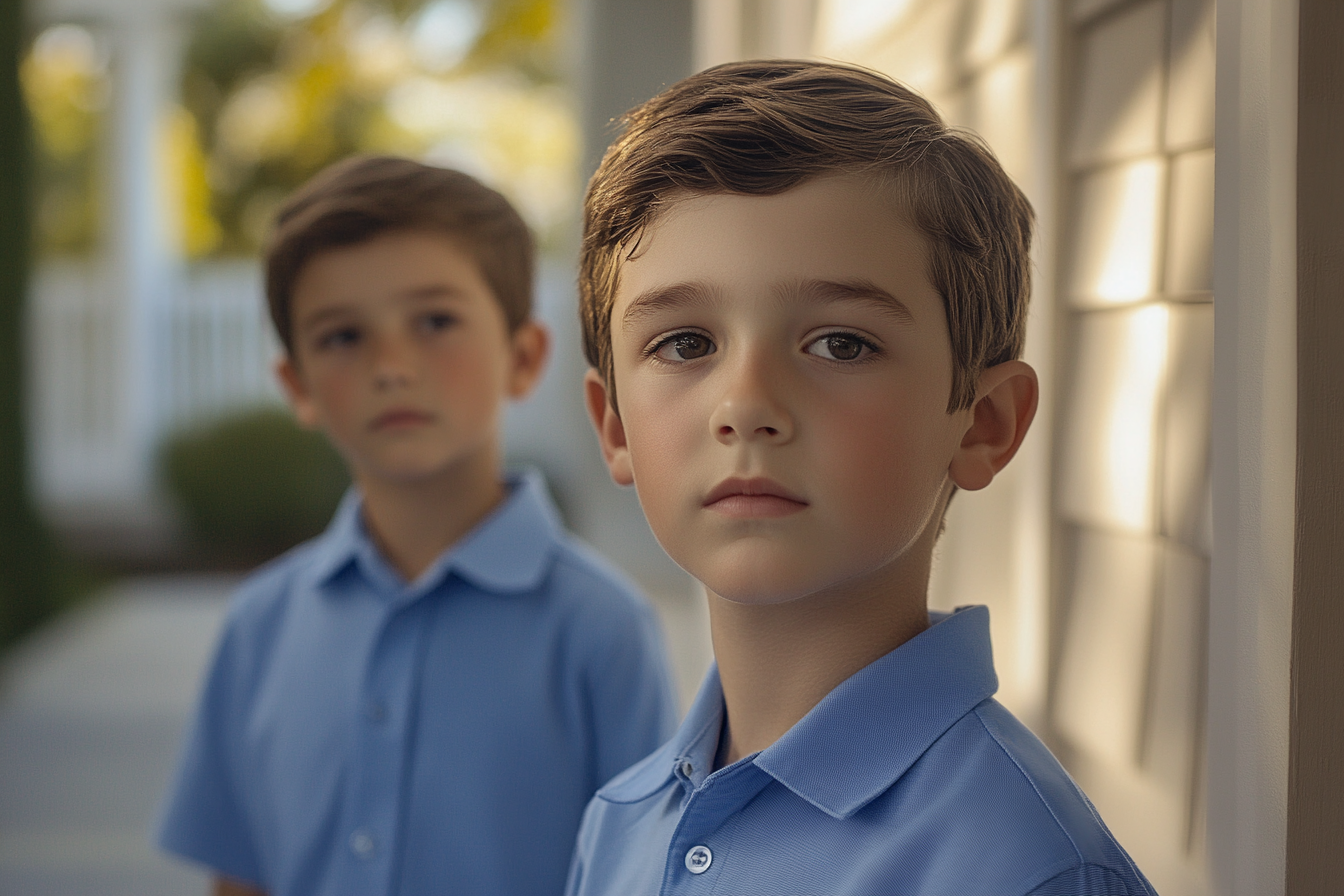
But then, everything shifted—because Melanie called.
It was during dinner prep. I was chopping vegetables, and George was helping the boys with a school project in the next room when his phone buzzed. I could hear Melanie’s voice even from the kitchen—it was sharp, clear.
George stayed calm while replying, but I could see the tension settle into his shoulders. He stepped outside onto the back porch to finish the conversation in private.
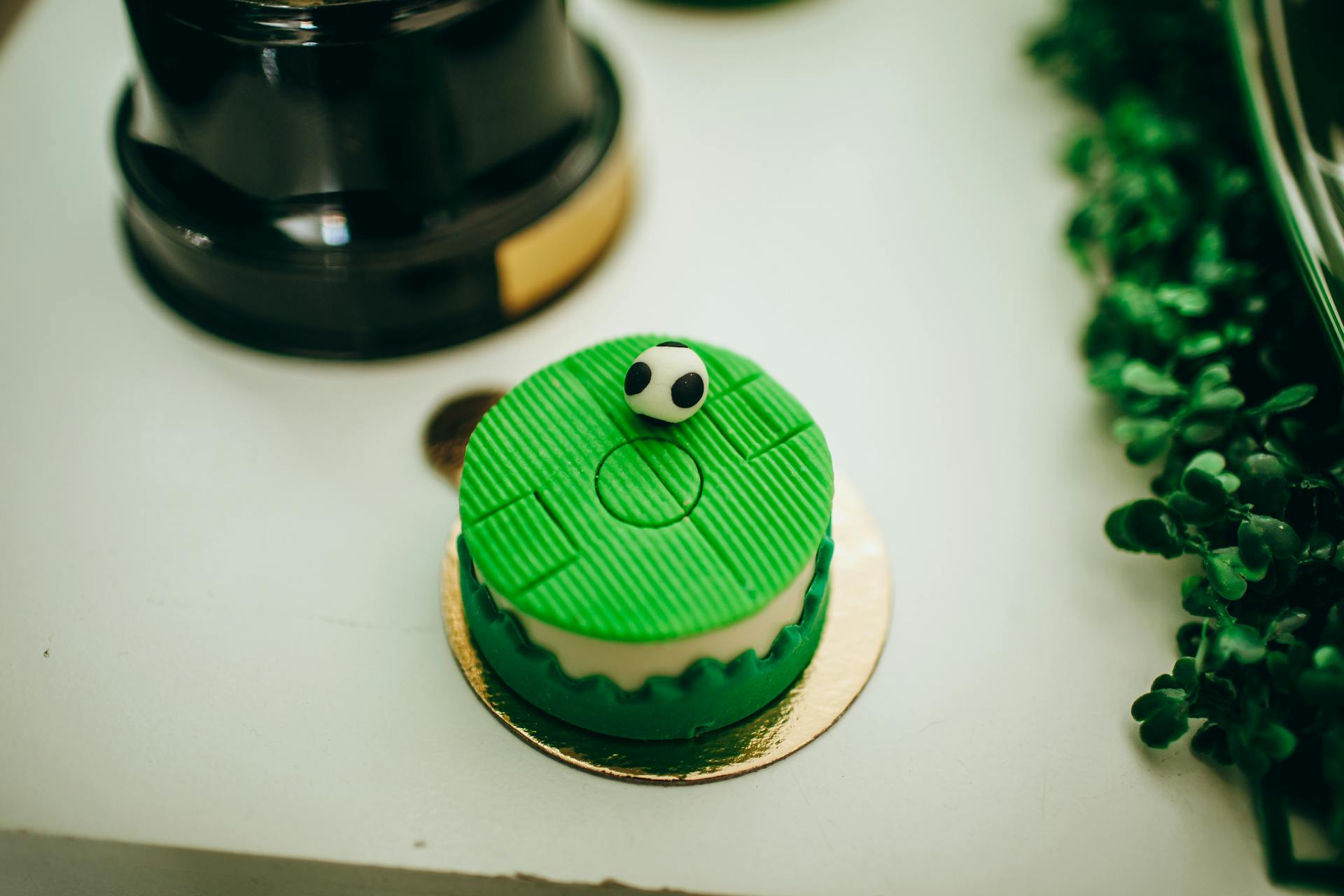
He sighed heavily. “Melanie wants to change the birthday plans. She says she’s planning something at her place instead.”
“But we’ve been planning our backyard party for months,” I said, setting the knife down on the cutting board. “The boys helped design the cake. They’re excited about the magician.”
“I know,” George said with a nod. “I told her that, but she was… insistent.”
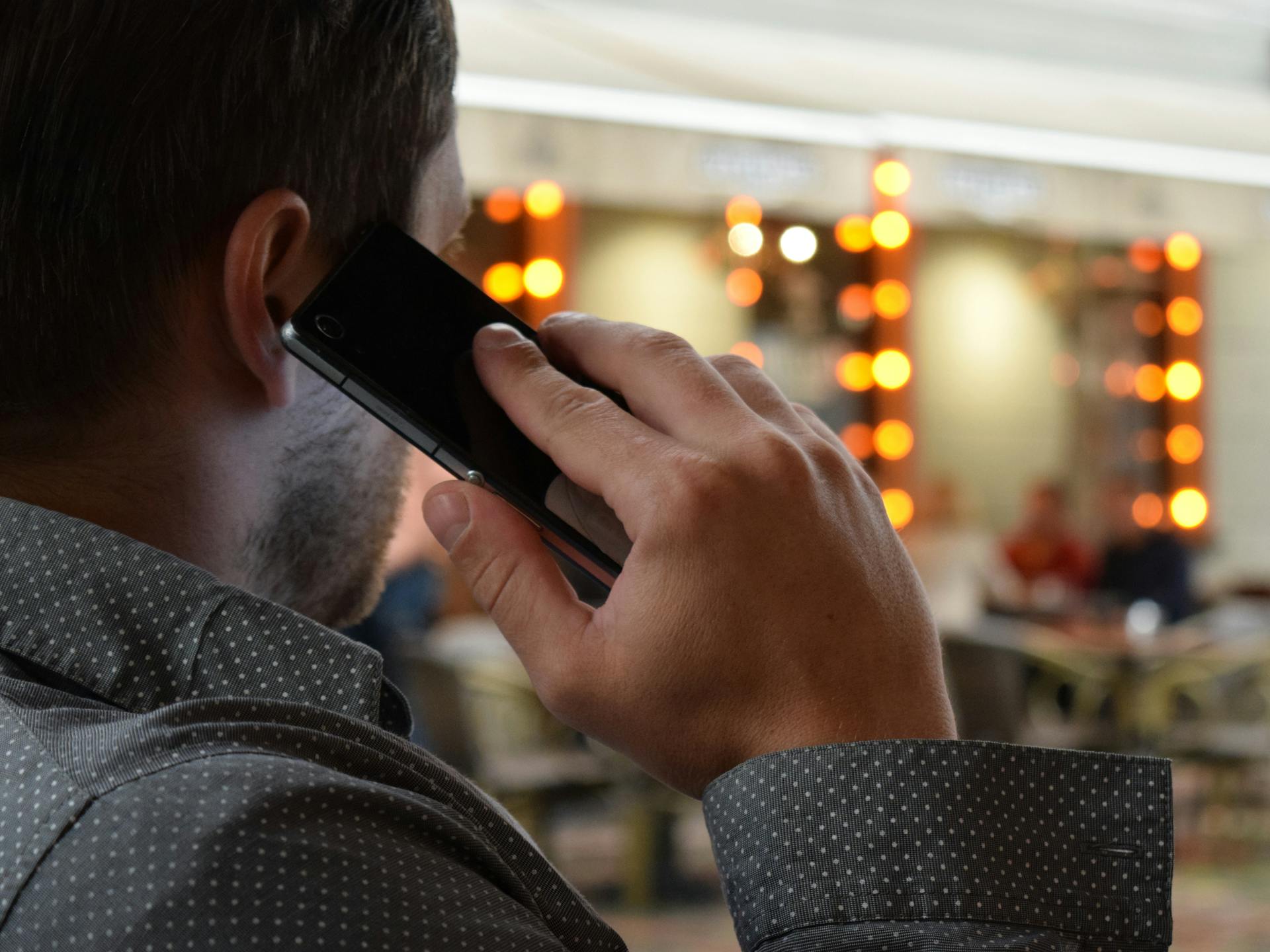
The message was direct, with no sugar-coating. It read: “This is a family event. You’re not invited.”
I stared at my screen, stunned and unsure how to even process what I’d just read. And then, another message popped up right after.
“You don’t have children. Go have your own if you want to celebrate birthdays.”

His jaw tightened as he read. “She had no right to say that. I’ll call her back—”
“No,” I whispered, barely audible. “Not now. Not when the boys might overhear.”
Later that evening, once the boys had drifted off to sleep, George wrapped his arms around me as I finally let the tears fall freely.
“She doesn’t know,” I murmured through the sobs.
“No,” he said gently. “We never told her. It wasn’t her business.”
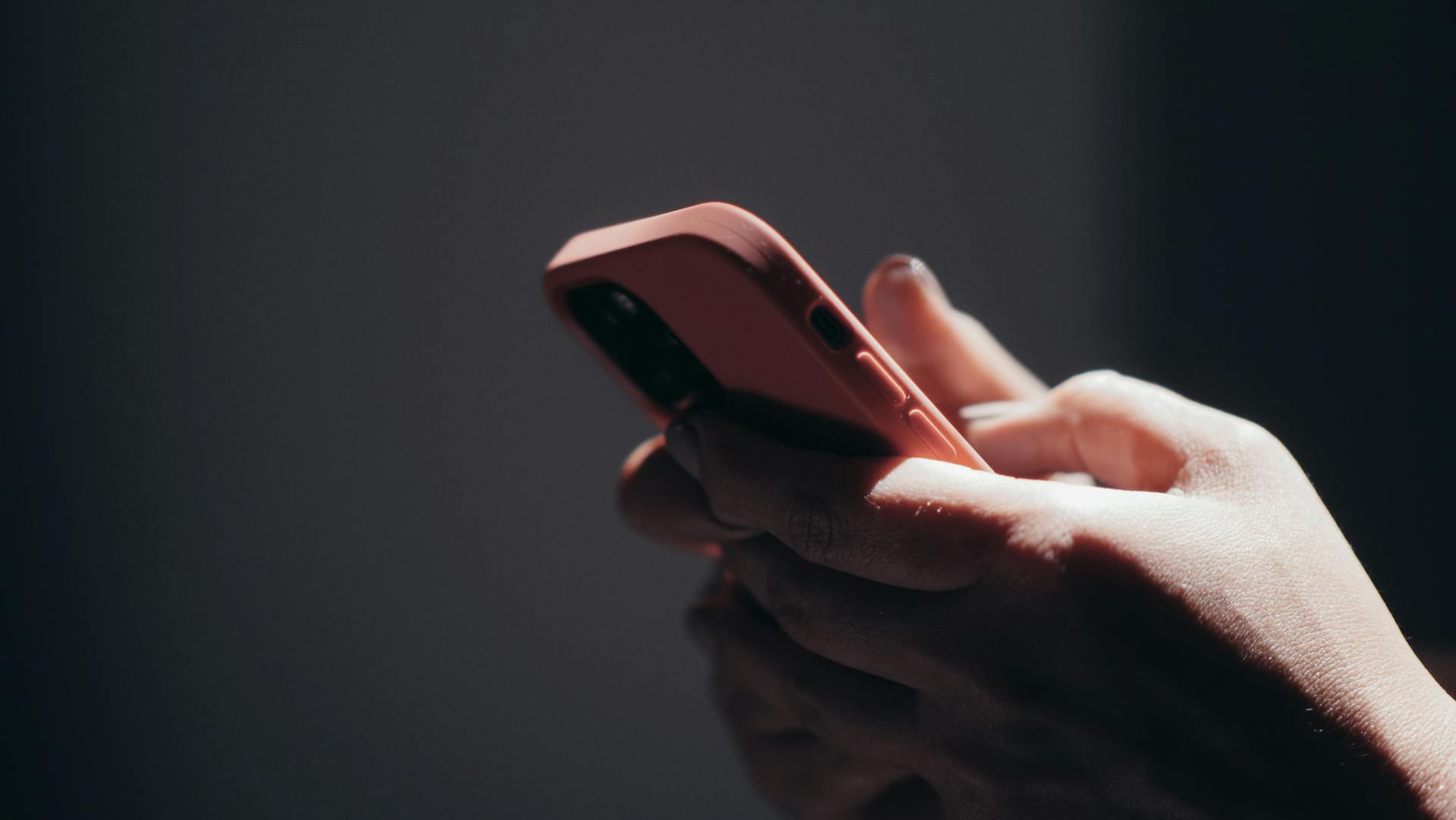
Even George didn’t know at first. It wasn’t until we were married that I told him the truth—I couldn’t have kids of my own.
We’d tried to start a family, only to learn that I had a medical condition that made it nearly impossible to carry a pregnancy. We grieved together, quietly, in our own way.
Some nights I’d wake up crying, haunted by dreams of babies I’d never hold. And every time, George would pull me close and whisper that we were already a family—that we had something real.
Eventually, I stopped looking back and put all my love and energy into the family that was already here with me.
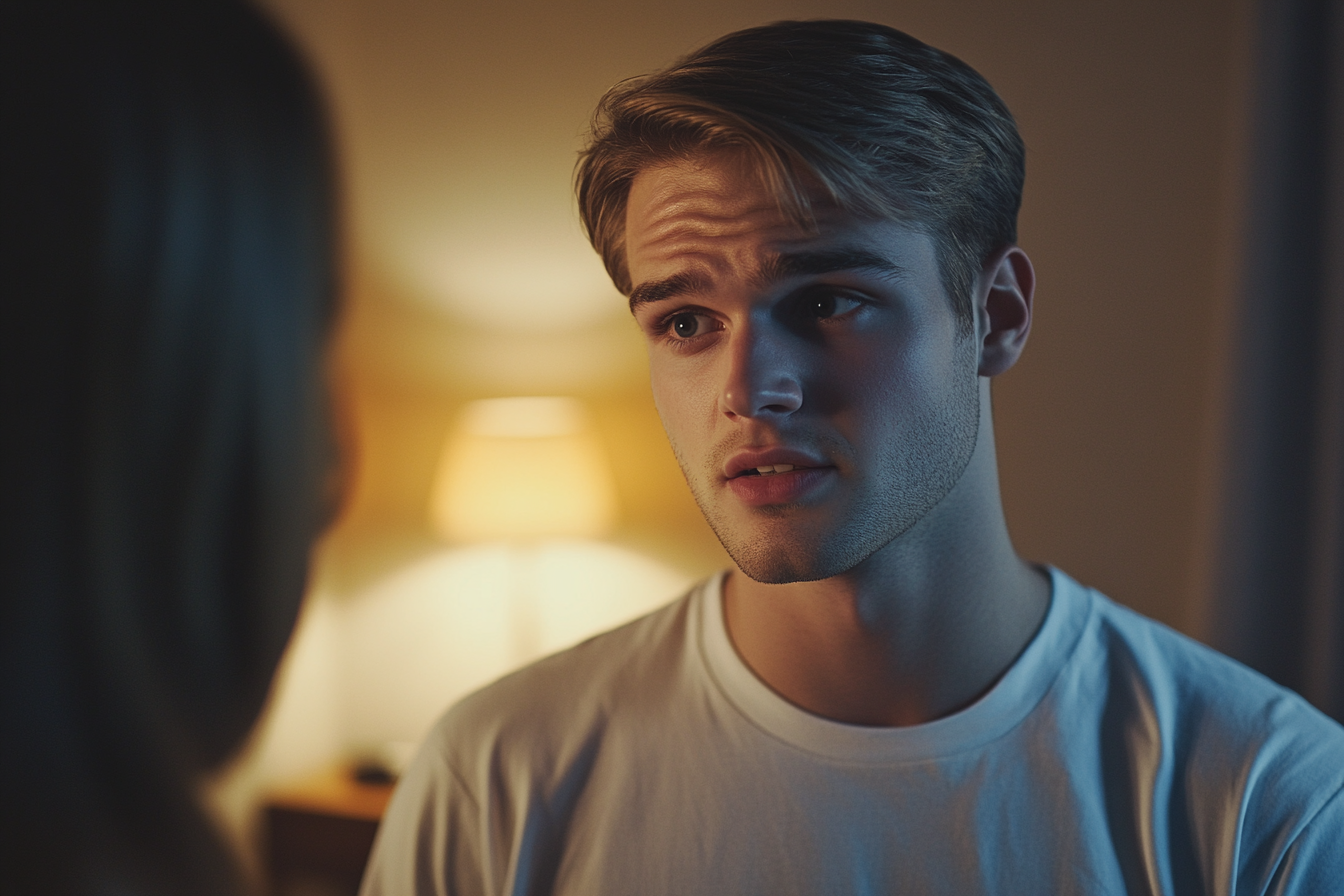
I didn’t reply to Melanie’s message that night. But I couldn’t stop thinking about it. Her words stayed with me, repeating in my head like a broken record.
“You don’t have children.”
That one line hit harder than she could’ve known. It echoed a wound I’d tried so hard to heal.
Then, about a week before the party, something inside me shifted. George was on a work call, and I was sorting through paperwork when I noticed a tuition bill for the twins’ school sitting in the pile.

It was addressed to me.
You see, about a year ago, George lost one of his biggest clients—the one that had been helping cover a major portion of the boys’ private school tuition. Things got financially tight, and he was panicked that they’d have to switch schools.
I didn’t even hesitate. Quietly, behind the scenes, I arranged with the school to redirect all billing to me. Since then, I’d taken care of every payment, every quarter.

All that time, Melanie had no clue. She thought George was footing the bill—and she treated me like I was just some extra in their lives, someone easily pushed aside.
Holding that invoice in my hand, I felt the weight of everything I’d done quietly, without asking for credit.
“You don’t have children.”
And right then, I made up my mind.
If she wanted to pretend I didn’t matter—fine. But I wasn’t going to let her erase me from the picture.
The next morning, while George was out with the boys for their dentist appointments, I picked up the phone and called the school’s finance office.

“Of course. What changes would you like to make?” the woman on the line asked, sounding polite and professional.
“Please update the billing contact,” I replied. “From now on, direct all future invoices to Melanie. Effective immediately.”
I gave her Melanie’s full details—name, email, everything—straight from the boys’ emergency contact information.

“Will there be anything else, Lisa?” she asked before ending the call.
“No,” I said calmly. “That’s all. Thank you.”
As I hung up, I exhaled slowly. I hadn’t mentioned anything to George yet. A part of me wondered if I had gone too far. But a stronger part of me knew this wasn’t about revenge.
This was about showing that I belonged here—that I had always been here.
A few days later, I was folding laundry when my phone buzzed. Melanie’s name lit up the screen.

“What the hell did you do? The school just called me! They said I’m now responsible for tuition, and told me you requested them to put my name there?! What kind of sick game are you playing?”
I kept folding clothes—one of Noah’s superhero t-shirts—letting her rant for a moment. When I finally responded, my tone was even and calm.
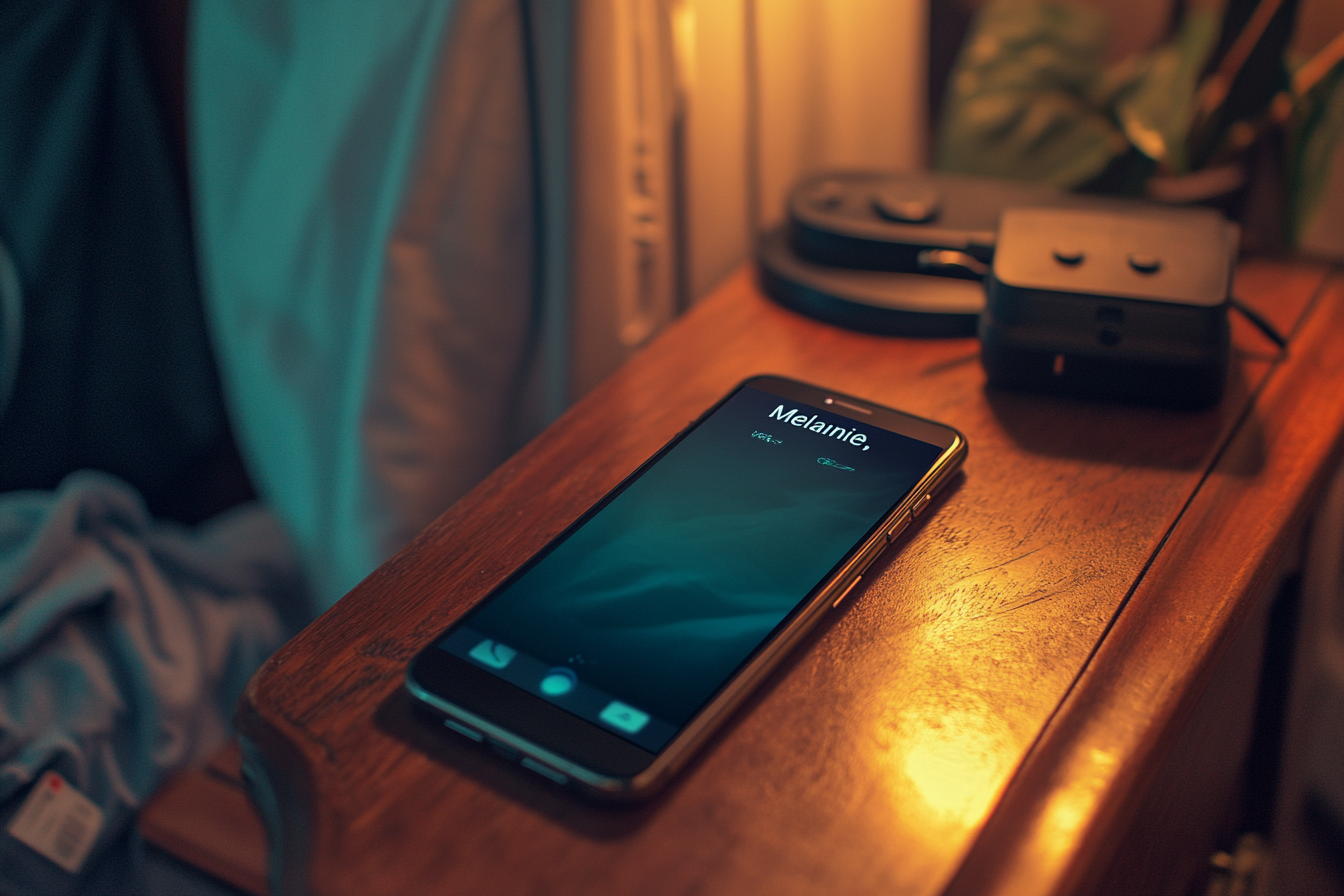
There was a beat of silence. I could hear her breathing, then her voice dropped, trembling just slightly. “Wait… You were paying their tuition?”
“Yes,” I said softly. “For the past year.”

“He lost his biggest client last year,” I explained. “He didn’t have the income at the time. I stepped in.”
“How much…” she began, trailing off.
I could hear the pause as she tried to work out what an entire year of private school for two kids might’ve cost.

“I didn’t know,” she said. “I’m… sorry. I was wrong. I’d like you to come to the party. The boys want you there. I… I want you there.”
She didn’t say “thank you.”
But that was okay.
Her words, her tone—they were enough.
The birthday party went ahead at our home after all. Melanie and I managed to pull it together, and it turned out beautifully.
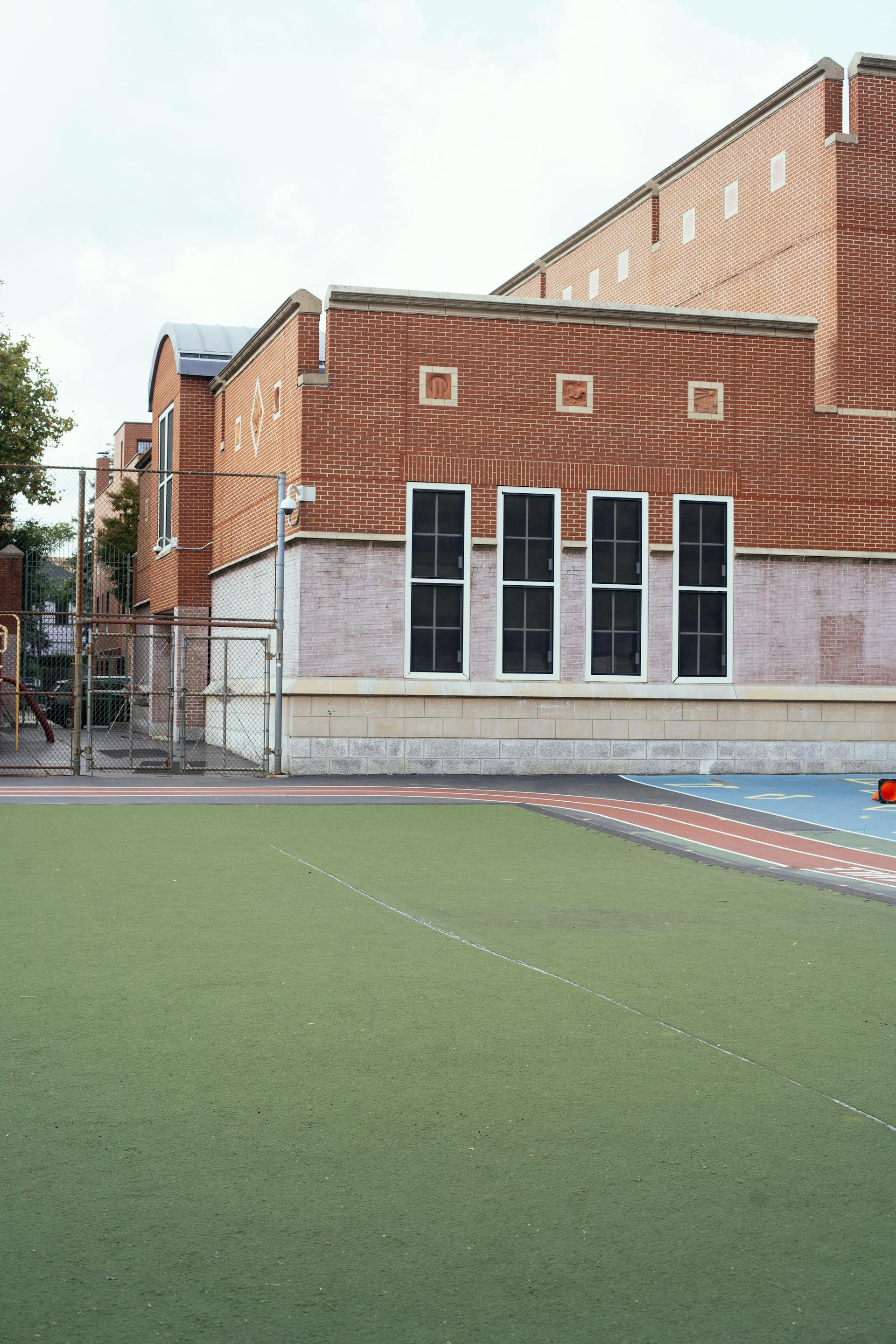
From that day forward, Melanie never tried to exclude me again. Because now, she understood something important—something that couldn’t be ignored.
No, I’m not their biological mom.
But I’ve shown up for them, every single day, without fail.
Just last week, I picked them up after soccer practice. As we were walking to the car, one of Noah’s friends waved and called out.

Noah didn’t correct him. Instead, he glanced up at me with a quiet, knowing smile and slipped his hand into mine.
And in that moment, it hit me all over again—what really counts isn’t biology. It’s presence. It’s love. Even if I’ll never have children of my own, I know in my heart that I’ve become a mom in every way that matters.

This story is inspired by true people and moments, though it’s been adapted creatively. Names, places, and other personal details have been changed for privacy and storytelling purposes. Any similarity to real people or events is purely coincidental and not intentional on the part of the author.
The author and publisher make no guarantees about the accuracy of any depictions or events and are not responsible for how it’s interpreted. This story is shared “as is,” and any opinions expressed within belong solely to the characters and not to the author or publisher.
